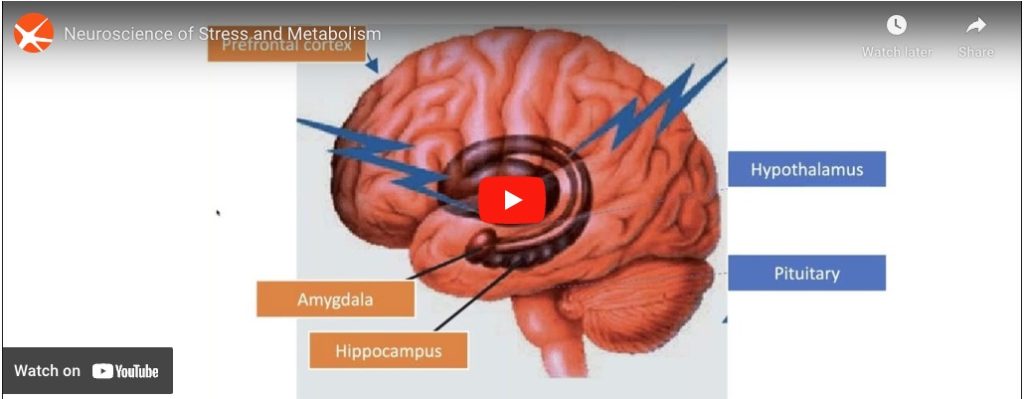The Neurobiology of Metabolism, Nutrition, and Stress Lab
We study the connection between stress response and energy metabolism over different developmental stages, and how aberrant physiology and behavior can lead to outcomes such as obesity or anorexia. Our goal is to understand how the brain coordinates the response to the metabolic needs and motivational drives of the body, how the responses are influenced by the environment, and how underlying biology can lead to a wide spectrum of behavioral outcomes.
To address this, we use a clinically informed systems neuroscience approach and diverse set of experimental strategies such as optogenetics and calcium imaging, molecular approaches such as mouse genetics and viral tracing, and classical surgical manipulations and pharmacologic electrophysiology. We focus our investigations primarily on circuits involving G-protein coupled receptors that have been genetically linked to human disease. Through these combined approaches, we aim to identify the molecules, cell types, circuit connections, and activity patterns that drive feeding related behavior and energy metabolism in response to stress, and the ways these interconnections become dysregulated in disease states.
